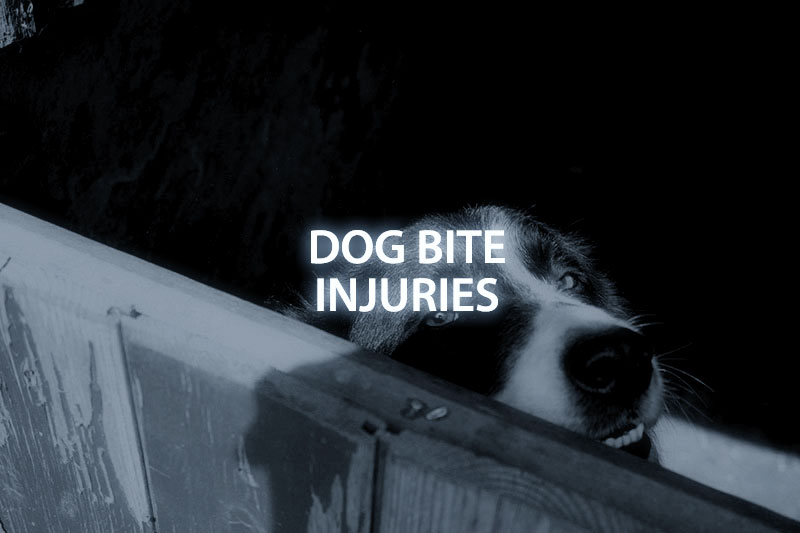Understanding what constitutes a dog bite under California law is vital for both dog owners and potential victims. The law's broad interpretation ensures that individuals are protected in a variety of scenarios, emphasizing the seriousness of any incident where a dog uses its mouth to grab or hold onto a person. It underscores the importance of responsible pet ownership and the legal protections in place to address and compensate for injuries resulting from dog bites. Whether you're a dog owner or someone who has experienced a dog-related injury, it’s crucial to recognize the nuances of California's dog bite law and how it applies to different situations.
Victims are encouraged to document all aspects of the incident and the resulting losses comprehensively, from medical bills and a diary of physical and emotional health impacts to detailed records of work days missed. Seeking the assistance of a skilled personal attorney experienced in dog bite cases can also dramatically facilitate navigating the complex legal landscape, ensuring that the compensation received is both fair and sufficient to cover all incurred costs and impacts. Responsible dog ownership and awareness of the recourse available following bites can help reduce these distressing incidents and aid those affected in achieving a semblance of normalcy post-incident.
Understanding your rights and responsibilities under California dog bite laws can help prepare you for dealing with the consequences of a bite, whether you are a victim or a dog owner. For detailed guidance and personal advice, consulting with a legal expert who specializes in personal injury or dog bite cases is recommended.
California's strict liability law aims to protect individuals from dog bites while emphasizing the responsibility of dog owners to manage and control their pets. Whether in public spaces or on private property, owners need to be aware of their legal obligations and the potential consequences of their dog's behavior. For victims of dog bites, understanding these laws is the first step towards securing rightful compensation.

